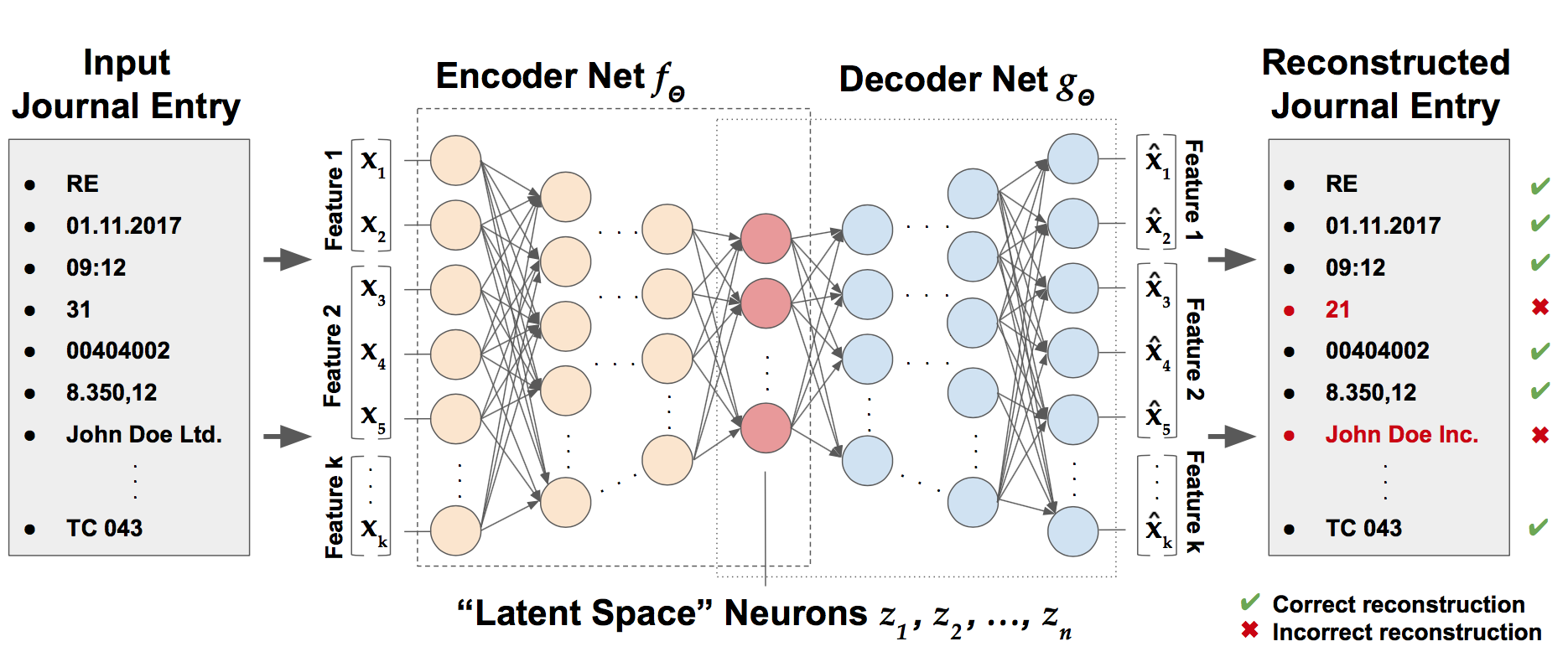a very readable and instructive contribution, thanks for sharing! In which environment does this run sucessfully?
I am trying to run 'GTC_2018_Lab' and 'GTC_2018_Lab-solutions' with the version below, both result in the following two errors.
My environment is Win10 with Anaconda. To solve it, I tried with USE_CUDA=True / False and Python 3.6 / 3.7 and Cudatoolkit 10 / Cudatoolkit 9. Then I downgraded from pytorch 1.0.1 using conda install pytorch=0.4.1 cuda90 -c pytorch. I did not find earlier Pytorch versions via Conda or compiled for Windows on the Pytorch Website.
Also, I changed the shape of the first and last layer to match for the second error but without a change.
[LOG 20190329-05:48:27] decoder architecture:
decoder(
(decoder_L1): Linear(in_features=3, out_features=4, bias=True)
(decoder_R1): LeakyReLU(negative_slope=0.4, inplace)
(decoder_L2): Linear(in_features=4, out_features=8, bias=True)
(decoder_R2): LeakyReLU(negative_slope=0.4, inplace)
(decoder_L3): Linear(in_features=8, out_features=16, bias=True)
(decoder_R3): LeakyReLU(negative_slope=0.4, inplace)
(decoder_L4): Linear(in_features=16, out_features=32, bias=True)
(decoder_R4): LeakyReLU(negative_slope=0.4, inplace)
(decoder_L5): Linear(in_features=32, out_features=64, bias=True)
(decoder_R5): LeakyReLU(negative_slope=0.4, inplace)
(decoder_L6): Linear(in_features=64, out_features=128, bias=True)
(decoder_R6): LeakyReLU(negative_slope=0.4, inplace)
(decoder_L7): Linear(in_features=128, out_features=256, bias=True)
(decoder_R7): LeakyReLU(negative_slope=0.4, inplace)
(decoder_L8): Linear(in_features=256, out_features=512, bias=True)
(decoder_R8): LeakyReLU(negative_slope=0.4, inplace)
(decoder_L9): Linear(in_features=512, out_features=618, bias=True)
(decoder_R9): LeakyReLU(negative_slope=0.4, inplace)
(dropout): Dropout(p=0.0, inplace)
)
C:\Users\frank\.conda\envs\py36_cuda9\lib\site-packages\ipykernel_launcher.py:10: UserWarning: nn.init.xavier_uniform is now deprecated in favor of nn.init.xavier_uniform_.
# Remove the CWD from sys.path while we load stuff.
C:\Users\frank\.conda\envs\py36_cuda9\lib\site-packages\ipykernel_launcher.py:15: UserWarning: nn.init.xavier_uniform is now deprecated in favor of nn.init.xavier_uniform_.
from ipykernel import kernelapp as app
C:\Users\frank\.conda\envs\py36_cuda9\lib\site-packages\ipykernel_launcher.py:20: UserWarning: nn.init.xavier_uniform is now deprecated in favor of nn.init.xavier_uniform_.
C:\Users\frank\.conda\envs\py36_cuda9\lib\site-packages\ipykernel_launcher.py:25: UserWarning: nn.init.xavier_uniform is now deprecated in favor of nn.init.xavier_uniform_.
...
C:\Users\frank\.conda\envs\py36torch\lib\site-packages\ipykernel_launcher.py:46: UserWarning: nn.init.xavier_uniform is now deprecated in favor of nn.init.xavier_uniform_.
C:\Users\frank\.conda\envs\py36torch\lib\site-packages\ipykernel_launcher.py:51: UserWarning: nn.init.xavier_uniform is now deprecated in favor of nn.init.xavier_uniform_.
---------------------------------------------------------------------------
RuntimeError Traceback (most recent call last)
<ipython-input-32-7d9371378df5> in <module>
37
38 # run forward pass
---> 39 z_representation = encoder_train(mini_batch_torch) # encode mini-batch data
40 mini_batch_reconstruction = decoder_train(z_representation) # decode mini-batch data
41
~\.conda\envs\py36_cuda9\lib\site-packages\torch\nn\modules\module.py in __call__(self, *input, **kwargs)
487 result = self._slow_forward(*input, **kwargs)
488 else:
--> 489 result = self.forward(*input, **kwargs)
490 for hook in self._forward_hooks.values():
491 hook_result = hook(self, input, result)
<ipython-input-23-0afc78290eab> in forward(self, x)
57
58 # define forward pass through the network
---> 59 x = self.encoder_R1(self.dropout(self.encoder_L1(x)))
60 x = self.encoder_R2(self.dropout(self.encoder_L2(x)))
61 x = self.encoder_R3(self.dropout(self.encoder_L3(x)))
~\.conda\envs\py36_cuda9\lib\site-packages\torch\nn\modules\module.py in __call__(self, *input, **kwargs)
487 result = self._slow_forward(*input, **kwargs)
488 else:
--> 489 result = self.forward(*input, **kwargs)
490 for hook in self._forward_hooks.values():
491 hook_result = hook(self, input, result)
~\.conda\envs\py36_cuda9\lib\site-packages\torch\nn\modules\linear.py in forward(self, input)
65 @weak_script_method
66 def forward(self, input):
---> 67 return F.linear(input, self.weight, self.bias)
68
69 def extra_repr(self):
~\.conda\envs\py36_cuda9\lib\site-packages\torch\nn\functional.py in linear(input, weight, bias)
1350 if input.dim() == 2 and bias is not None:
1351 # fused op is marginally faster
-> 1352 ret = torch.addmm(torch.jit._unwrap_optional(bias), input, weight.t())
1353 else:
1354 output = input.matmul(weight.t())
RuntimeError: size mismatch, m1: [128 x 384], m2: [618 x 512] at c:\a\w\1\s\tmp_conda_3.6_104352\conda\conda-bld\pytorch_1550400396997\work\aten\src\thc\generic/THCTensorMathBlas.cu:266


